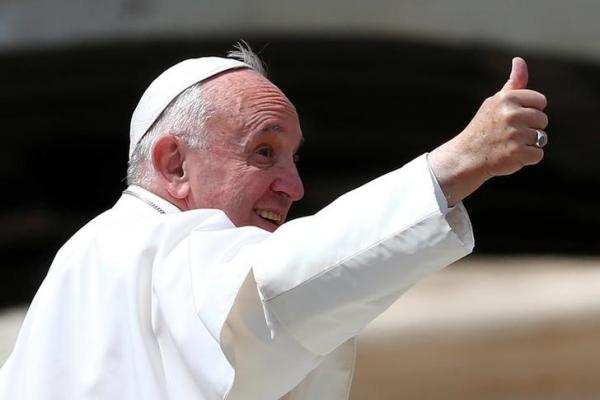Apr 27, 2017
Pope Francis flies to Cairo on Friday, less than a month after church bombings killed 45 people in two Egyptian cities as part of a concerted campaign by Islamist militants to rid the Middle East of Christians. Home to some of the faith's earliest churches, the region's Christian communities have been in decline for decades, but wars this century in Iraq and Syria, and the emergence of Islamic State have put their future in doubt.
Read the Full Article

Already a subscriber? Login
